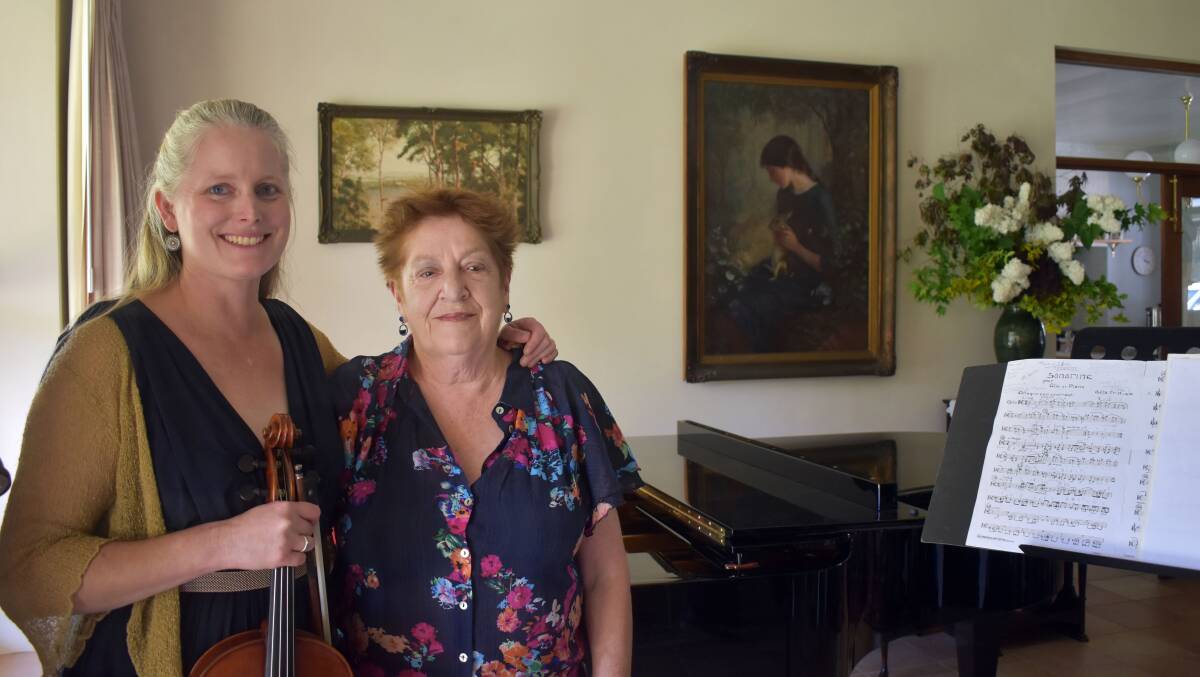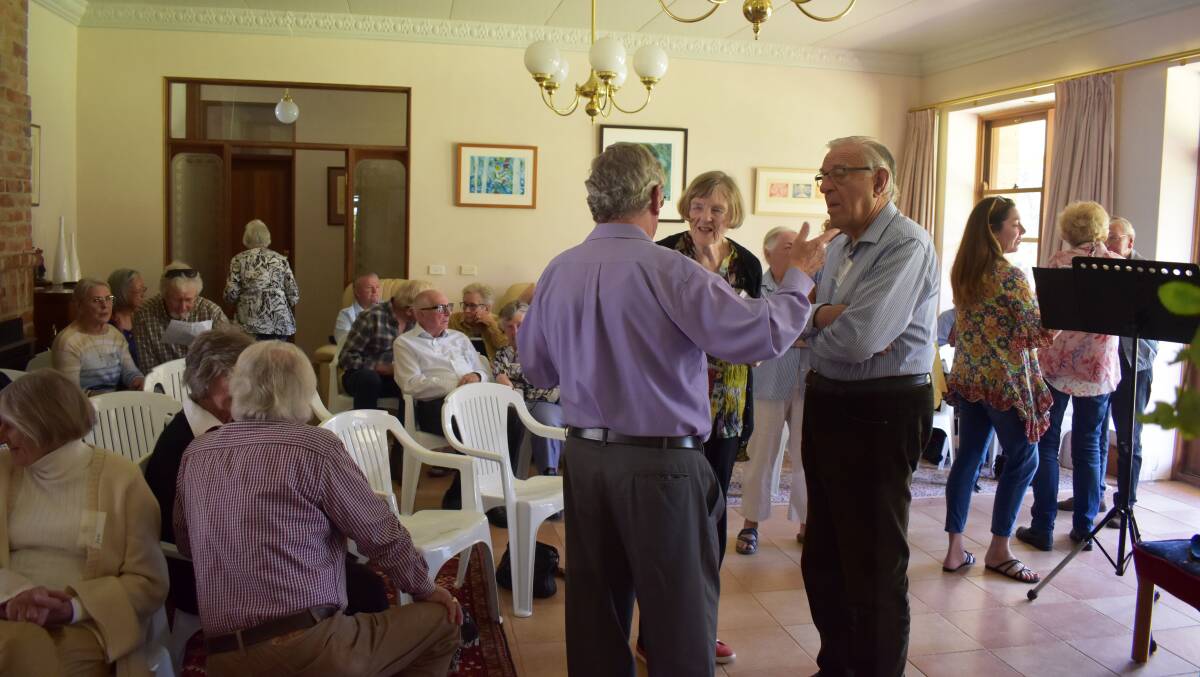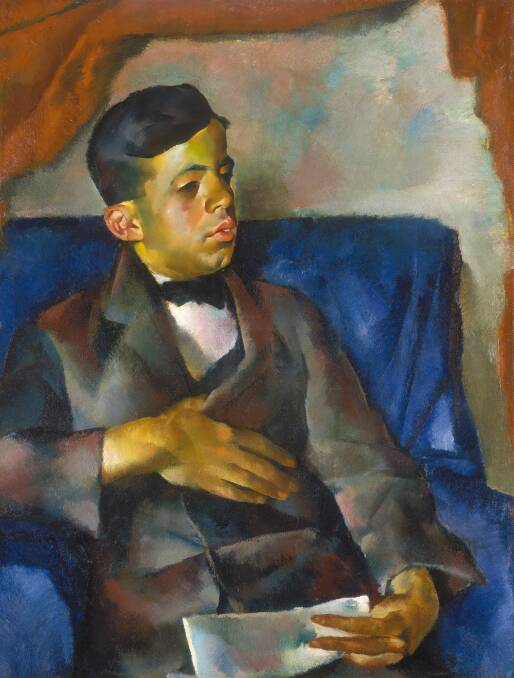The afternoon of October 21 saw Rod and Alexandra Tuson open their home at Mount David for a concert of classical music performed by violist Michelle Pritchard and pianist Julia Brimo.
Subscribe now for unlimited access.
or signup to continue reading

This was the 29th concert to be held there and many of the 40 strong audience had been regular attenders before a recent hiatus.
The musical pieces were a mixture of contemporary compositions by Orkun Ar and Géza Frid with more traditional works by Franz Schubert and Johannes Brahms.
The first piece was the Australian premiere of Orkun Ar's Preludio di Quintetto. Written for solo viola in 2019, it perfectly suited the instrument. When asked about the viola as a solo instrument, Michelle Pritchard said "Up until recently most solo string pieces were written for violin or cello, but there has been a move to create more works for the viola. It is the instrument which most closely matches the range of the human voice so in a sense it is perfect."
The next piece was the 1824 composition Arpeggione Sonata, by Franz Schubert. The arpeggione was essentially a bowed guitar, and this is apparently the only composition still extant for this unusual instrument. It is usually performed on a cello, but there could be no complaints about hearing it played with great skill on the viola, accompanied by Julia Brimo's piano.

The third item on the program was another first performance in Australia - the 1946 Sonatine for viola and piano opus 25 by Géza Frid, who was one of the key figures in the post-war Dutch music world. To escape the dictatorship of Hungary, his birthplace, he fled to the Netherlands. His teachers were Bartok and Kodaly. As a stateless Jew his music was forbidden and is only now coming to the ears of audiences.

The fourth piece was the Scherzo from the FAE Sonata, a four-movement work for violin and piano which was a collaborative musical work by three composers: Robert Schumann, the young Johannes Brahms, and Schumann's pupil Albert Dietrich. It was composed in Dsseldorf in October 1853. Originally written for violin and piano it was transcribed for viola and absolutely nothing was lost in the translation.
Schumann assigned each movement to one of the composers. Dietrich wrote the substantial first movement in sonata form. Schumann followed with a short Intermezzo as the second movement. The Scherzo as performed here was by Brahms.

The Tusons must be congratulated for both organising an excellent concert and for making their home available. The room was just big enough to accommodate the audience but small enough that there was a real intimacy between performers and audience. This sort of music seems to work best in small spaces, and there will be many more opportunities to hear wonderful music among the trees (and kangaroos).

